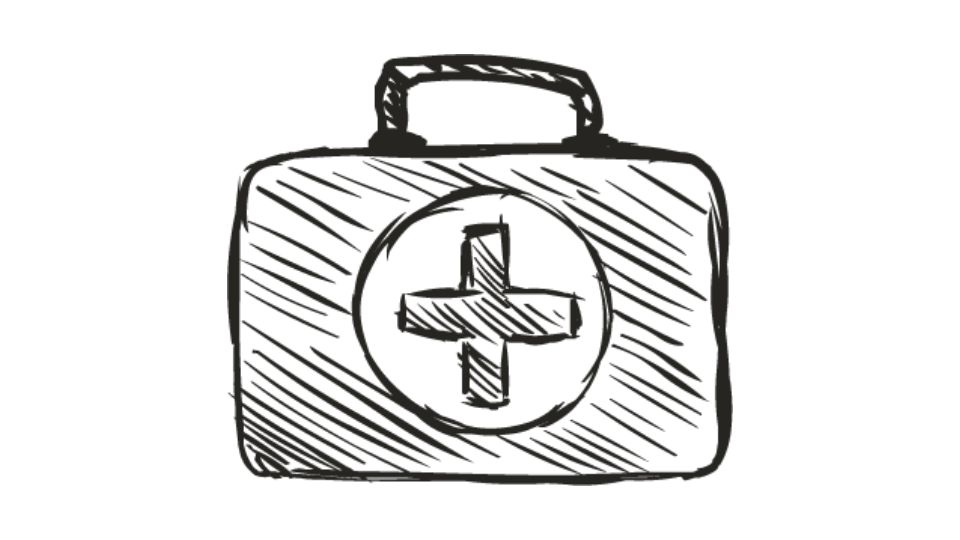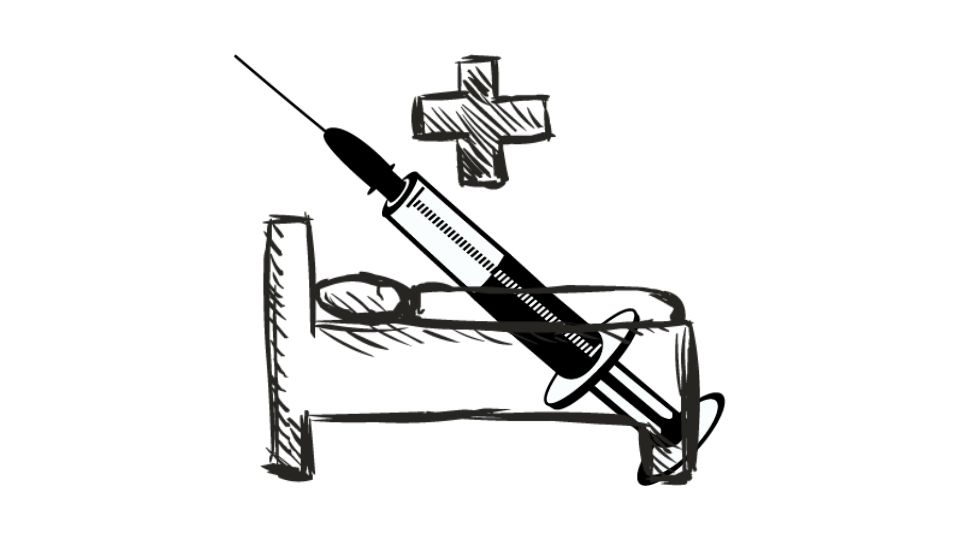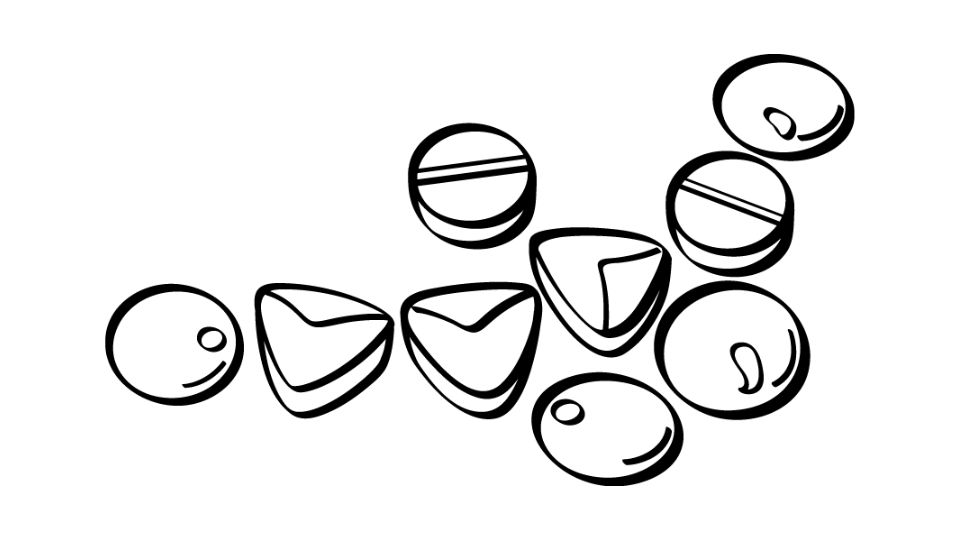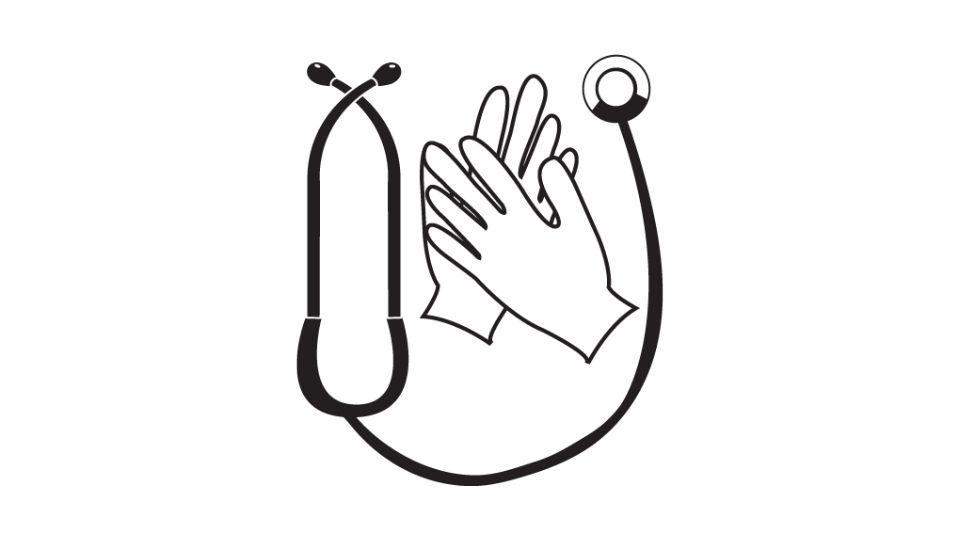Is Ketamine Effective for Bipolar Disorder?

Ketamine is making waves as a breakthrough treatment for bipolar depression, especially for people who’ve tried everything else without success. If you’re dealing with the rollercoaster of bipolar disorder or know someone who is, this might be worth paying attention to.
While ketamine started life as an anesthetic (you know, the stuff that knocks you out for surgery), researchers have discovered it can lift severe depression within hours instead of the weeks traditional meds take. That’s huge.
Let’s dive into what makes ketamine so different, why it might work when other treatments fail, and whether it’s actually safe for bipolar folks.
The Ketamine Revolution: A New Hope for Bipolar Depression
What Even Is Ketamine and Why Should Bipolar Folks Care?

Ketamine works totally differently than your typical antidepressants. Instead of messing with serotonin (like SSRIs do), ketamine targets the glutamate system – the brain’s main excitatory messenger.
The mind-blowing part? It can lift depression within hours or days, not weeks or months like traditional meds. This is particularly valuable when someone’s in crisis.
For the science nerds: ketamine blocks NMDA receptors and triggers a cascade of events that ultimately:
- Boosts brain connectivity
- Increases neuroplasticity (your brain’s ability to rewire itself)
- Strengthens connections in key mood-regulating brain regions
Does It Actually Work? (Spoiler: The Evidence Says Yes)
Recent studies have been pretty impressive:
A 2023 review found that ketamine infusions provided significant relief from depressive symptoms – sometimes lasting up to two weeks after a single treatment.
One large study with 59 treatment-resistant bipolar depression patients found major improvements in depression scores without triggering any manic episodes during the observation period.
Yale researchers reported that among 45 bipolar patients treated with either IV ketamine or nasal spray esketamine twice weekly, 39% had a meaningful clinical response and 13% reached full remission from their depression. And importantly, no one experienced mania during the acute treatment phase.
That’s a big deal because bipolar depression is notoriously difficult to treat, and many conventional antidepressants can sometimes make things worse by triggering mania or rapid cycling.
Ketamine’s Secret Superpower: Stopping Suicidal Thoughts

One of ketamine’s most valuable features is how quickly it can reduce suicidal thinking.
Multiple studies show that even a single infusion can dramatically decrease suicide risk in people with bipolar depression. This is literally life-saving because:
- Suicide rates are way higher in bipolar disorder than the general population
- Traditional antidepressants take weeks to work – too slow in a crisis
- Most other meds don’t specifically target suicidal thoughts
When someone’s in crisis, having a treatment that works in hours rather than weeks can be the difference between life and death.
The Downsides: What About Mania, Psychosis, and Side Effects?

I’m not going to sugarcoat it – ketamine isn’t perfect and comes with some concerns:
The biggest worry has always been: Will it trigger mania in bipolar patients?
Surprisingly, recent large studies found no acute manic episodes during ketamine treatment in carefully monitored settings. However, during long-term maintenance treatment, manic/hypomanic events did occur in about 29% of patients, though most were mild.
Common side effects include:
- Dizziness
- Nausea
- Temporarily increased blood pressure
- Dissociation (feeling detached from reality)
Most side effects are mild-to-moderate and fade quickly after treatment. But this is exactly why ketamine should only be administered under proper medical supervision.
And let’s be clear: recreational or DIY ketamine use is a whole different ballgame with serious risks including addiction and psychological harm. This is strictly a medical treatment we’re talking about.
Ketamine as a Team Player: Works Well With Other Treatments

Ketamine isn’t usually used alone. Most doctors use it alongside traditional mood stabilizers like lithium or lamotrigine to enhance overall effectiveness and prevent mood instability.
A fascinating new approach is ketamine-assisted psychotherapy (KAP). This combines ketamine with therapeutic guidance to help patients process emotions and gain insights while in the receptive state ketamine creates. Think of it as therapy with a chemical boost that helps you break through mental barriers.
Some experts believe this combination approach might lead to longer-lasting improvements than ketamine alone, though research is still ongoing.
The Bottom Line: Who Should Consider Ketamine and When?
While ketamine and its FDA-approved cousin esketamine (nasal spray) have changed the game for depression treatment, they’re not first-line treatments for bipolar disorder yet.
Ketamine makes the most sense for:
- Treatment-resistant bipolar depression (when several other meds have failed)
- Crisis situations with severe depression and/or suicidal thoughts
- Patients who can be closely monitored for any mood switches
Medical organizations recommend:
- Using ketamine alongside mood stabilizers to minimize mania risk
- Close monitoring during and after treatment
- Considering adding psychotherapy for better long-term results
The Big Picture: Pros and Cons At a Glance
The Good Stuff:
- Works incredibly fast – hours instead of weeks
- Effective when other treatments fail
- Rapidly reduces suicidal thoughts
- Generally well-tolerated with temporary side effects
- Can be combined with therapy for enhanced effects
The Concerns:
- Some risk of triggering mania (though lower than previously thought)
- Side effects like dissociation can be uncomfortable
- Effects wear off, requiring repeat treatments
- Long-term data still limited
- Not covered by all insurance plans
What’s The Takeaway Here?
Ketamine represents a genuine breakthrough for treating bipolar depression, especially for those who’ve tried everything else without success. With its rapid antidepressant effects and ability to quickly reduce suicidal thoughts, it offers hope where traditional options have failed.
But it’s not a miracle cure. It works best as part of a comprehensive treatment plan, requires medical supervision, and still needs more long-term research.
If you or someone you love is struggling with treatment-resistant bipolar depression, it might be worth discussing ketamine or esketamine with a psychiatrist who specializes in mood disorders. Just make sure they have specific experience with ketamine therapy for bipolar disorder, as this is a specialized treatment requiring careful monitoring.
The science is promising, but like any powerful tool, ketamine requires respect and proper handling to deliver its benefits safely.
